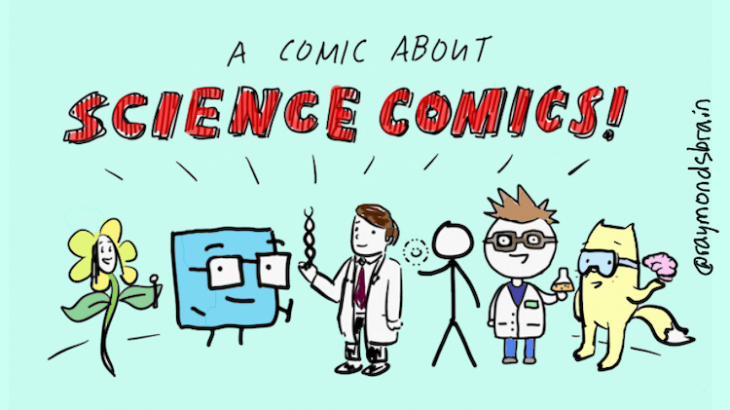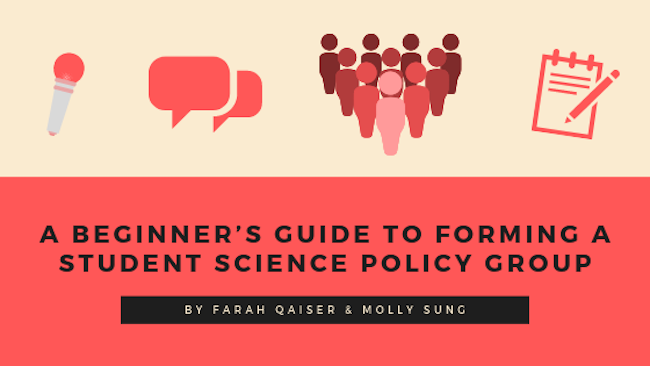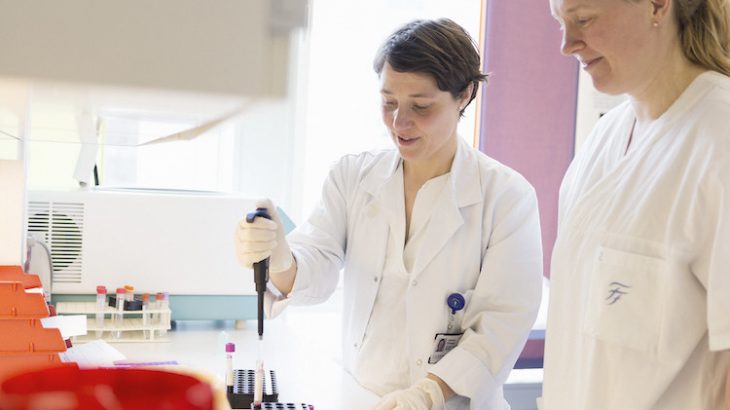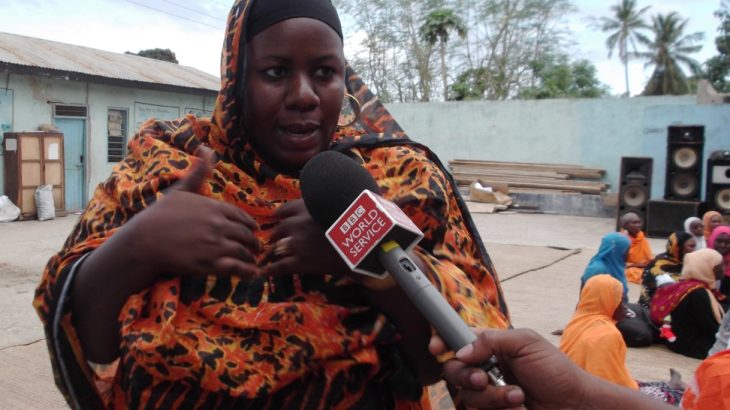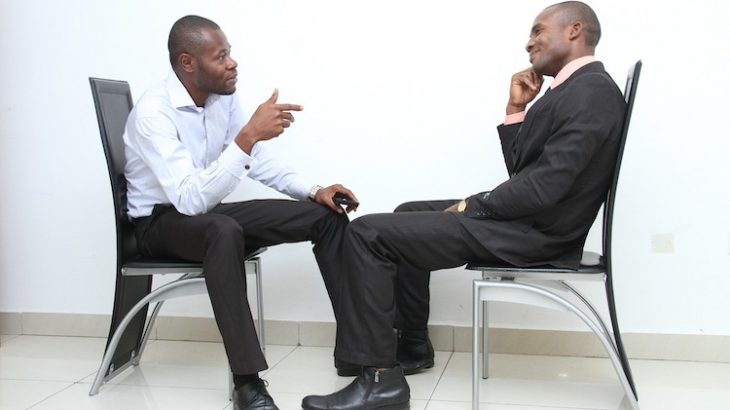
Robert Gooding-Townsend, Science in Society editor I started at Science Borealis in winter 2016, when I was four months into my Masters program. There was a call for subject editors; I looked at several positions, and ended up in the Science in Society role, where I’ve been for more than three years. Here, I’ll try […]

